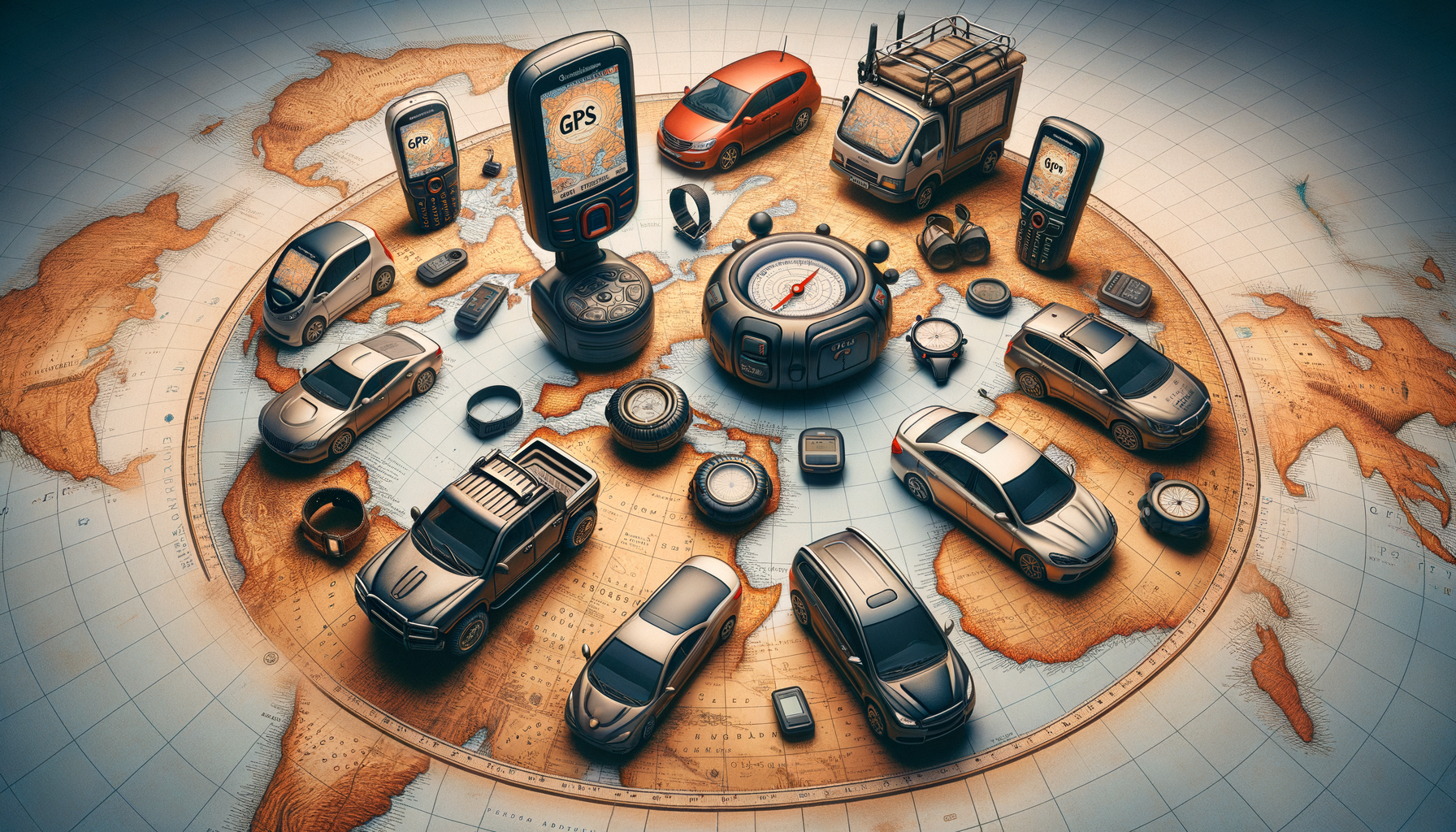Introduction to GPS Devices
Global Positioning System (GPS) devices have revolutionized the way we navigate the world. These devices, which utilize a network of satellites orbiting the Earth, provide precise location data to users anywhere on the planet. From personal navigation in vehicles to tracking wildlife, GPS technology has become an integral part of modern life. This article delves into the various aspects of GPS devices, highlighting their significance and diverse applications.
The Technology Behind GPS Devices
GPS devices rely on a constellation of at least 24 satellites orbiting the Earth. These satellites are equipped with atomic clocks and transmit signals that allow GPS receivers to calculate their exact location through trilateration. This process involves measuring the time it takes for signals to travel from multiple satellites to the receiver, determining the user’s position with remarkable accuracy.
Key components of GPS technology include:
- Satellites: Provide the necessary signals for location tracking.
- Receivers: Devices that interpret satellite signals to determine location.
- Control Segment: Ground stations that manage satellite operations.
The precision of GPS devices has improved significantly over the years, with advancements in technology enhancing their accuracy and reliability.
Applications of GPS Devices
GPS devices are utilized in a wide range of applications across various industries. In transportation, they enable efficient route planning and real-time traffic updates. In agriculture, GPS technology assists in precision farming, optimizing crop yields and reducing waste. Additionally, GPS devices are crucial in search and rescue operations, providing accurate location data for swift responses.
Some notable applications include:
- Navigation: Assisting drivers and pedestrians in reaching their destinations.
- Tracking: Monitoring the movement of goods, vehicles, and even wildlife.
- Surveying: Providing precise measurements for construction and land development.
The versatility of GPS technology continues to expand, finding new uses in emerging fields like autonomous vehicles and drone navigation.
Types of GPS Devices
There are several types of GPS devices available, each designed for specific purposes. Personal GPS units, commonly used in vehicles, offer navigation and traffic information. Handheld GPS devices, favored by hikers and outdoor enthusiasts, provide reliable location data in remote areas. Additionally, specialized GPS devices are used in aviation, marine navigation, and geocaching.
Types of GPS devices include:
- Automotive GPS: Offers turn-by-turn directions and real-time traffic updates.
- Handheld GPS: Portable units for outdoor activities and adventure sports.
- Wearable GPS: Integrated into smartwatches and fitness trackers for activity monitoring.
Each type of GPS device is tailored to meet the specific needs of its users, ensuring optimal performance and convenience.
The Future of GPS Technology
The future of GPS technology is promising, with continuous advancements enhancing its capabilities and applications. As satellite technology improves, GPS devices are expected to offer even greater accuracy and reliability. Integration with other technologies, such as augmented reality and artificial intelligence, will further expand the potential uses of GPS devices.
Emerging trends in GPS technology include:
- Enhanced Precision: Improved satellite systems providing centimeter-level accuracy.
- Integration with IoT: Seamless connectivity with smart devices for automated services.
- Advanced Analytics: Utilizing GPS data for predictive analytics and decision-making.
The evolution of GPS technology will continue to shape industries and everyday life, offering innovative solutions to complex challenges.
Conclusion
GPS devices have become indispensable tools in today’s world, offering unparalleled accuracy and versatility. From personal navigation to complex industrial applications, their impact is profound and far-reaching. As technology continues to advance, GPS devices will undoubtedly play an even more significant role in shaping the future of navigation and tracking.




Leave a Reply